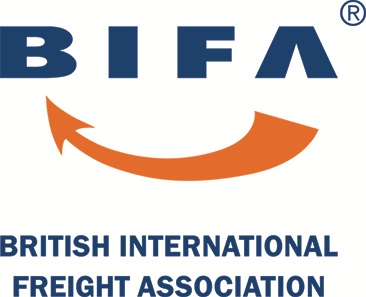Brexit border bedlam costing Britain billions4 June 2024
The British government’s aim to have “the most effective border in the world” is a long way off, according to the country’s National Audit Office (NAO), which found that repeated delays have meant ongoing uncertainty, increase in risk and the addition of unnecessary costs. Yesterday, the NAO released a study examining whether the UK government is on course to implement an “efficient and effective trade border”, after its decision to leave the EU changed how goods are traded between the UK and the EU. The study highlighted that traders have faced additional administrative burdens and costs in moving goods across the EU-GB border since the UK left the EU. Per annum, it estimated traders had incurred an additional £7.5bn in tax, £54m in the cost of sanitary and phytosanitary (SPS) controls and a further forecast £469m in SPS controls and safety and security declaration (SSD) requirements that will be put in place under the new broader target operating model (BTOM). The government planned to introduce most import controls, including customs checks, SSDs and most SPS controls by October 2024, but the report highlighted that this has been delayed five times. These delays resulted in the government spending money on infrastructure and staff that were ultimately not needed, and it has also made it harder for stakeholders to plan, the NAO claimed. It said: “Repeated delays in implementing controls have meant ongoing uncertainty and an increase in risk, and the government and border stakeholders have also incurred unnecessary costs. “This could have been avoided if the government had established a clearer vision of how the border should operate from the start and had taken a more strategic and planned approach to implementation.” The NAO report also noted that the UK has faced increased biosecurity risk due to the phased approach to introducing full import controls. In response to the report, the British International Freight Association (Bifa) said: “In light of the comments made in the NAO’s report, it is not surprising that BIFA members are losing confidence in the government’s ability to deliver that clarity; without which the UK’s international supply chains remain at risk.” The NAO offered several recommendations to the government, including reviewing the effectiveness of new control measures, having a plan to monitor compliance and ensuring all ports have sufficient staffing and infrastructure to operate controls. Bifa urged the UK government to “take on board” the NAO’s comments and provide clarity for businesses “with a realistic and workable timeline which will allow sufficient planning and implementation time. “A particular point that Bifa has made on behalf of its members is the lack of detailed guidance issued by some government departments, which has adversely affected trade flows,” it said. This was echoed by the Road Haulage Association (RHA) which expressed dismay at the report’s findings. “We are deeply concerned to read this report detailing the level of delays in the introduction of the new border model, and particularly the Single Trader Window,” RHA public affairs manager Ashton Cull said. By: Charlotte Goldstone |
|
   |
